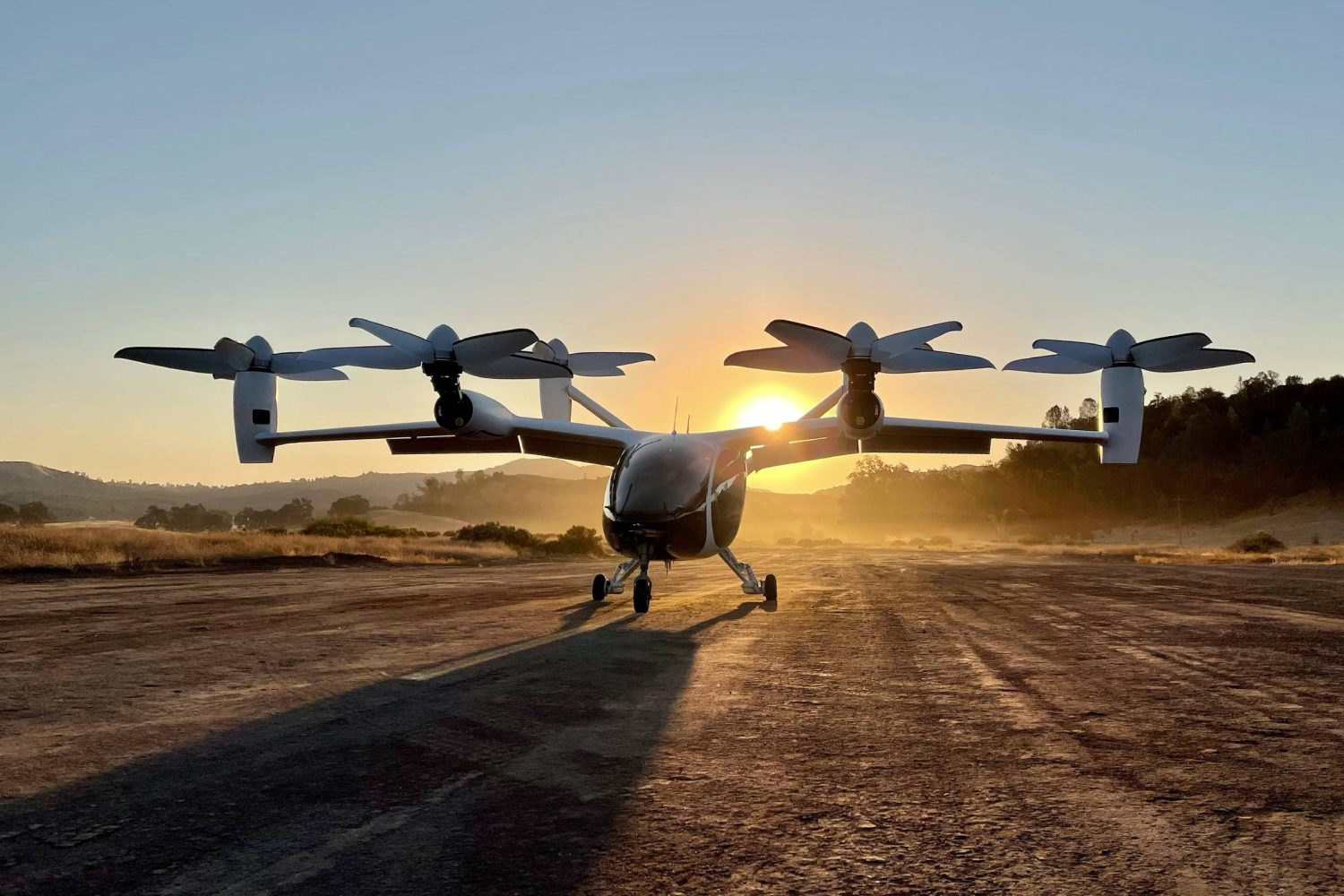The dream of flying taxis is edging closer to reality, thanks to the emergence of electric vertical take-off and landing (eVTOL) aircraft. Unlike helicopters, these machines use multiple small propellers, akin to drones, to take off and land vertically.
Once airborne, their rotors can tilt forward, allowing them to cruise like fixed-wing planes. This offers a blend of versatility, efficiency, and environmental benefits. Major players like Joby Aviation are leading the charge, with plans to launch commercial air taxi services as early as 2025.
Cities like Dubai, New York, and Los Angeles are on the map for these futuristic transport systems. Meanwhile, China’s EHang is pioneering pilotless eVTOLs, aiming to cater to the tourism sector, New Scientist reports. This rapid development suggests that flying taxis could soon become a fixture in our skies.
eVTOL aircraft come with several advantages, of course. They are designed to be significantly quieter than helicopters, which would make them more acceptable for urban and suburban use. They’re also powered by batteries and hold the promise of zero carbon emissions when charged with clean energy.
Their reliance on advanced computer systems not only enhances their operational efficiency but also reduces the risk of pilot error, potentially achieving safety standards comparable to commercial airlines. However, the road—or rather the sky—to widespread adoption of flying taxis isn’t without challenges.
Current battery technology limits eVTOLs to a flight range of 185 to 370 kilometers, well below the 400 to 800 kilometers conventional helicopters offer. This restricts their use to shorter journeys, making them ideal for city commutes or quick inter-city hops rather than long-haul travel.
We have seen advancements in EV batteries that can recharge in five minutes and allow EVs to run for longer ranges. Additionally, financial support from military programs has been a lifeline for companies like Joby, which hold substantial contracts under the U.S. Air Force’s Agility Prime initiative.
The real test for this technology lies in proving demand beyond initial trial flights. To truly transform urban mobility, flying taxi services will need to be practical, accessible, and not just a luxury for the wealthy. As 2025 approaches, flying taxis may well lift off, marking a groundbreaking shift in how we navigate our cities.
The post 2025 is the year flying taxis might finally take off appeared first on BGR.
Today’s Top Deals
Today’s deals: $279 iPad 10, SanDisk storage sale, $130 Beats Studio Buds+, $300 off Pixel 9 Pro Fold, more
Best Apple Watch deals for January 2025
Today’s deals: $170 AirPods Pro 2, $17.50 Apple AirTags, $64 Levoit humidifier, $220 ecobee thermostat, more
Today’s deals: $198 unlocked iPhone SE, $100 Beats Pill, 30% off Polk Audio Reserve tower speakers, more
2025 is the year flying taxis might finally take off originally appeared on BGR.com on Thu, 2 Jan 2025 at 18:24:00 EDT. Please see our terms for use of feeds.
